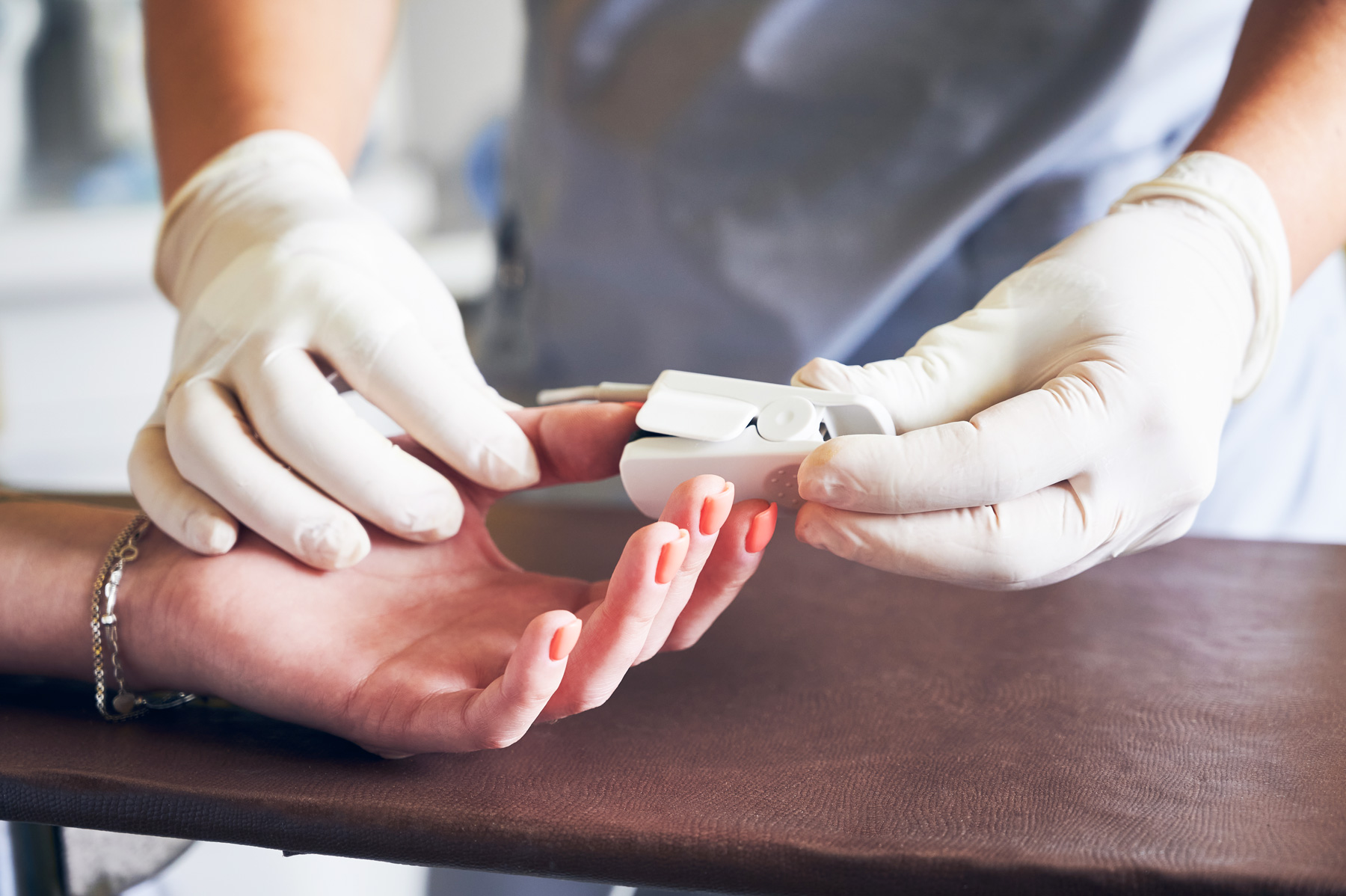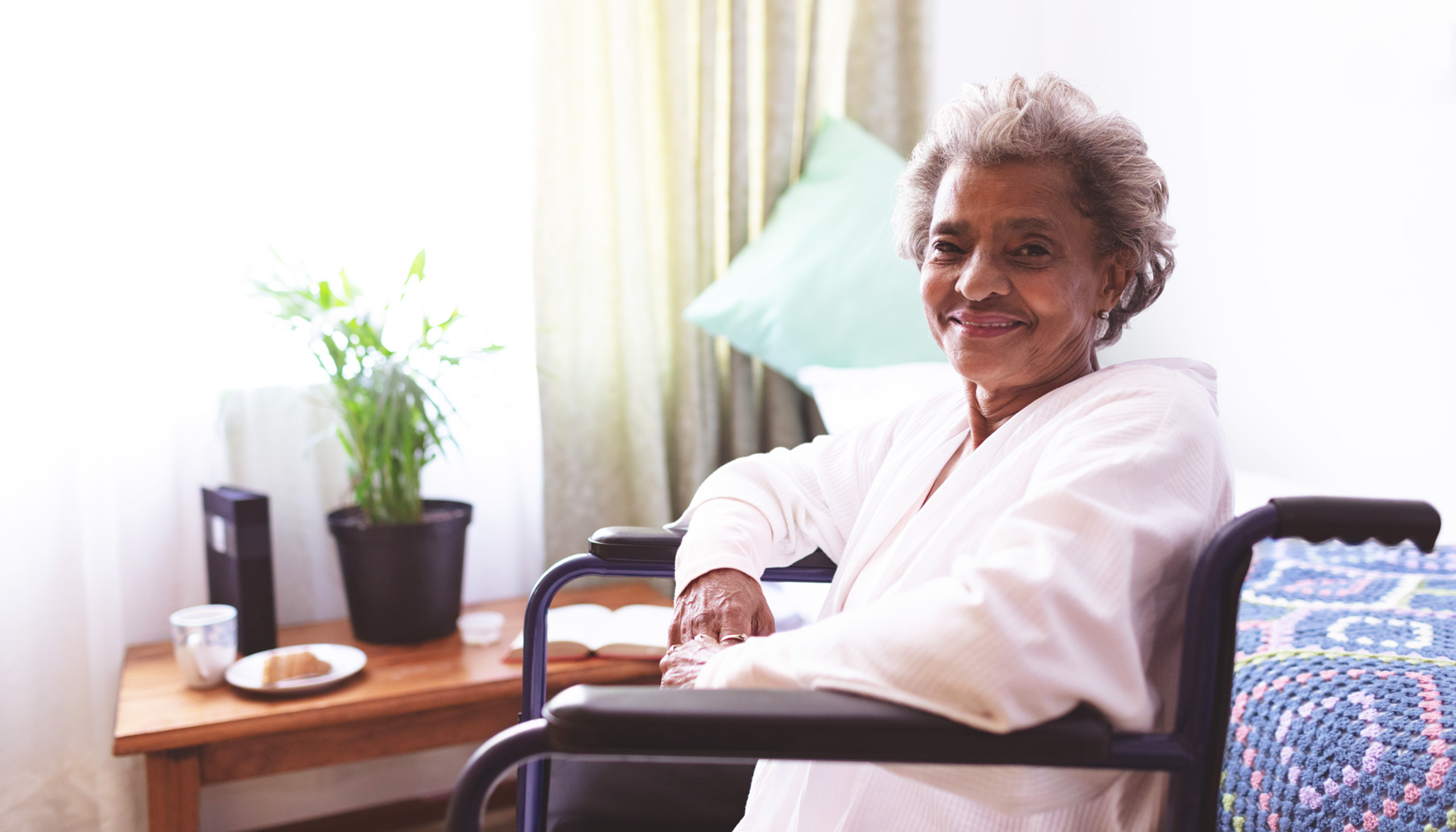

Muscular dystrophy is an umbrella term for a group of genetic conditions that cause muscles to progressively weaken; it commonly begins by targeting particular muscle groups, before affecting the muscles in the body on a wider scale. More than 70,000 people in the UK suffer from MD or a related condition. There are over 60 rare muscle wasting conditions, affecting 1 in 1000 people in Britain.
Duchenne MD is the most common type of muscular dystrophy. In the UK, around 100 males are born with Duchenne MD each year. Approximately 2,500 boys are living with this condition at any one time. The onset of Duchenne MD is usually in early childhood. Due to the way this condition is inherited, it is far more likely to appear in boys – girls can be affected but the symptoms are usually less severe.
Myotonic MD is the second most common type of MD, and affects about 1 in every 8,000 people. This type of muscular dystrophy can develop at any age.
Facioscapulohumeral MD can develop in childhood or adulthood; its progression is slow, and those who suffer with this strain of muscular dystrophy commonly go on to live long lives. In the UK, it is thought to affect approximately 1 in every 20,000 people, making it the third most common type of muscular dystrophy.
Common symptoms of muscular dystrophy include difficulty walking, muscle stiffness, difficulty swallowing and weakness in the limbs (especially the legs). Behavioural problems in children, heart complications and restrictive eye movements or difficulties with sight are also symptoms of muscular dystrophy. The symptoms of muscular dystrophy are as result of mutations in the genes responsible for healthy muscle function and structure. This mutation means that the cells that usually maintain your muscle can no longer carry out this role, and eventually die. Consequently, the muscles become weaker and progressively waste away.
The type and severity of symptoms related to muscular dystrophy varies in each instance depending on the type of cell mutation that occurs, and which, and how, muscles are targeted. Some people may not begin to develop symptoms until adulthood, and whilst many MD sufferers experience severe disabilities, other may experience milder symptoms and live with no significant disability. Unfortunately,
MD is a progressive disease which sees muscle weakness increasing in severity over time. As it progresses to parts of the body deformities in development of the bones of the chest and spin and scoliosis can occur, which can lead to serious complications. However, with the right lifestyle changes, therapies and medication given with the appropriate support, MS sufferers can continue to live as normal a life as possible.
Advance understand that caring for a loved one with muscular dystrophy disease, and dealing with the progressive nature of the symptoms, can be very upsetting and daunting. That is why our team members are fully trained to minimise the disruption a MD diagnosis can cause by providing the support sufferers, families and friends may need to help them cope. Together, we create a support plan that is centred on your specific needs, allowing you to stay in the comfort of your own home, and continue to participate in the daily activities you enjoy with dignity and as much independence as possible.
Specially trained to provide expert MD support, our support assistants offer a wide range of assistance such as help around the house, medication administration, physical therapy support and personal care. From meal preparation and household chores to more sensitive issues– such as toileting, bathing and continence care – Advance are there to carry out all the practical care aspects with empathy and discretion. We can help you with cough assistance and bed turning, as well as providing expert surgery aftercare in the case of corrective surgery for scoliosis, monitoring your medication and other regular treatments, to ensure you are comfortable and managing your symptoms. This gives family and friends the opportunity to spend more quality time creating special memories with their loved one.
Our support assistants understand that as the condition progresses some extremely difficult decisions may have to be made. They are there to offer emotional support and companionship. Our team members are there to discuss your choices as symptoms begin to worsen over time, guiding you through options such as feeding tubes and ventilator care, with compassion and knowledge – always keeping your loved one’s specific needs and desires at the heart of everything we do. A chat about shared likes, dislikes and hobbies can really boost morale and improve quality of life. That is why we ensure you or your loved one is matched with a support assistant with a complementary personality, as well as the relevant skill set to make the entire family feel as at ease as possible.
Our Muscular Dystrophy Care and Support includes:
Deciding to let a support assistant into your home for you or a loved one can be difficult. Deciding how best to support and treat the resulting issues of a MD diagnosis is something that, understandably, worries people considering homecare for a muscular dystrophy patient. Our experienced, friendly team members are here to explain all aspects of the MD care and support services we offer, and provide quality, impartial advice and information.
Explore our care services.























